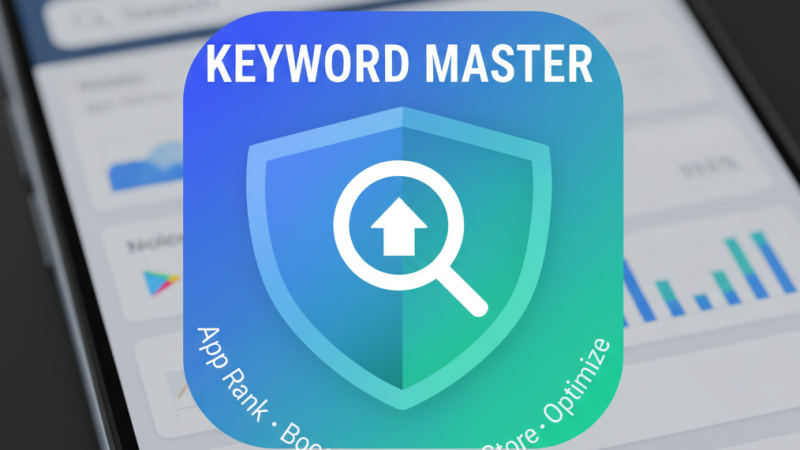Introduction
AI-generated content has grown in popularity recently for use in blog posts, websites, and even digital marketing tactics. But with Google AdSense being a major platform for monetizing websites, many website owners wonder if AI content complies with Google’s policies. We’ll look at whether websites with AI-generated content are eligible for Google AdSense in this blog, as well as how to make sure your site stays compliant.
How Google AdSense Works for Website Monetization
Google AdSense is an advertising program that allows website owners to monetize their content by displaying targeted ads. The website owner makes money when users click on these advertisements. Your website must fulfill specific requirements, such as having unique content, high traffic, and an intuitive design, to be eligible for AdSense. However, a key factor in evaluating eligibility is the substance itself.
Does Google Allow AI-Generated Content?
Yes, Google does allow AI-generated content on websites. This does not suggest, however, that you can simply rely on AI systems to generate spammy, low-quality content. Google prioritizes user experience, relevancy, and content quality in its algorithms. There shouldn’t be any problems getting AdSense clearance for AI material that is original, helpful, and of high quality. However, Google might not allow the site to be monetized if the AI-generated content is judged to be of poor quality or lacks a human touch.
Google’s Content Quality Guidelines and AI Writing
Google places significant importance on the quality of content according to its guidelines. Regardless of whether the content is authored by AI or humans, it needs to have a definitive purpose and offer value to users. The Search Quality Evaluator Guidelines from Google highlight the significance of E-A-T (Expertise, Authoritativeness, and Trustworthiness) in content.
For content generated by AI to align with Google’s guidelines, it should:
- Deliver accurate and useful information.
- Be well-researched and verified for facts.
- Avoid repetitive or superficial content that lacks value for users.
- Offer a clear, engaging, and unique voice.
Google’s algorithms evaluate the user experience, meaning that AI-generated content must still comply with these elevated standards.

Common Issues AI-Generated Websites Face with AdSense
Websites that use AI-generated content frequently face specific obstacles when seeking AdSense approval. Some common issues include:
- Low-Quality Content: If the AI-produced content is shallow or lacks substance, it might be denied by Google.
- Lack of Originality: Google places a high value on original content. If the AI-created articles closely resemble existing content, they could fail Google’s quality evaluation.
- Poor User Experience: AI-generated content occasionally lacks the natural flow or tone characteristic of human writing. If users struggle to engage with the content, it could affect AdSense approval.
Real-World Cases: AI Websites Monetized with AdSense
There are examples of websites that have effectively used AI-generated content and achieved monetization via Google AdSense. Some websites depend on AI to rapidly produce large quantities of content while ensuring that each piece adheres to Google’s content quality standards. These websites typically merge AI with human supervision to ensure the content remains relevant, accurate, and engaging.
For example, various technology-focused blogs take advantage of AI tools to create summaries and updates on diverse topics. These sites continue to emphasize high-quality writing, fact-checking, and providing genuine value to their audience. Such strategies have enabled these websites to obtain AdSense approval and generate significant revenue.
Best Practices for Using AI Content Without Violating Policies
To avoid issues with Google AdSense while using AI-generated content, follow these best practices:
- Integrate Human Input with AI: Use AI to assist content creation, but make sure a human editor edits and improves it.
- Focus on Quality: Give top priority to creative, educational, and high-quality content that benefits your audience.
- Be Transparent: Disclose if the content is artificial intelligence (AI) generated, especially in contexts where it’s necessary for user trust.
- Avoid Keyword Stuffing: AI tools may employ too many terms. Make sure your content reads naturally and doesn’t try to manipulate search rankings.
Conclusion
Google AdSense does allow content generated by AI, but it is crucial to ensure that such content meets Google’s quality standards. If you use AI in your content creation process, ensure that the end product is beneficial, unique, and user-centric. Websites using AI should integrate human editing to ensure that the content is insightful and useful.
For those looking to enhance their online visibility and generate income, platforms like Wiraa present fantastic options. As a worldwide remote job platform, Wiraa allows freelancers to display their talents and secure work across various industries, potentially increasing earnings from both freelance opportunities and digital content monetization.
By keeping these best practices in mind and combining AI content with human oversight, you can successfully monetize your website and grow your business with Google AdSense.




